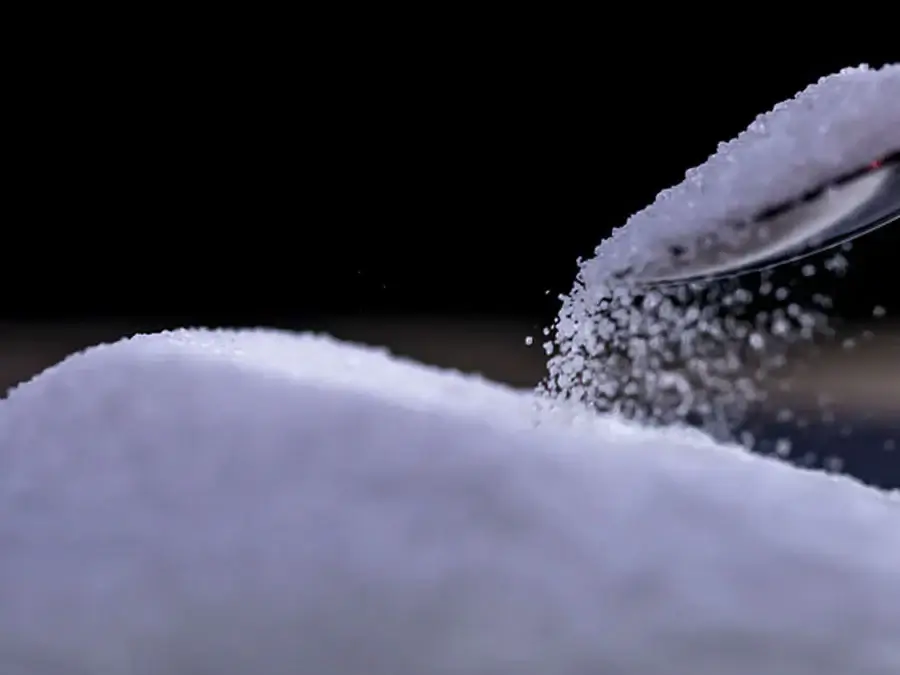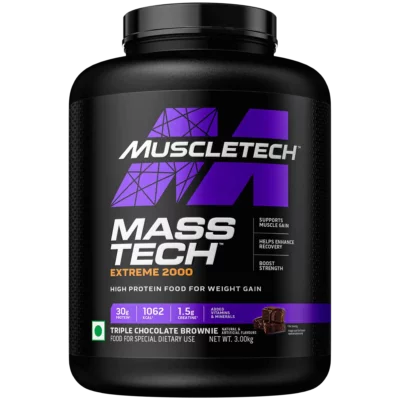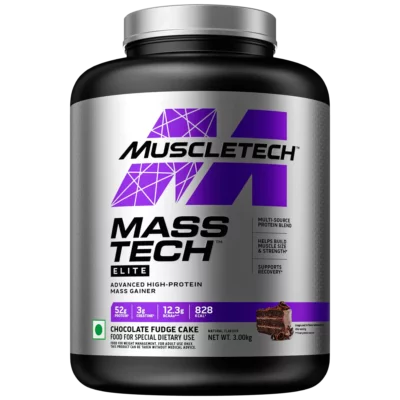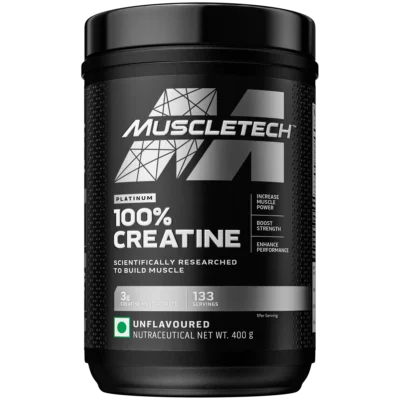Is your daily indulgence of diet soda making you fat? I look at the controversy surrounding diet soda and weight loss.
Sugar substitutes have long been controversial in the health industry. Once they were staple favorites of dieting fitness fanatics looking for low-calorie alternatives to add flavor to their bland high-protein, low-carb and low-calorie diets. Arguably, nearly every fitness competitor and bodybuilder since the days of Arnold and Lou has prepped for shows using sugar substitutes in some form or another. However, despite this track record within the fitness industry, a recent shift in thinking has caused an entire generation of dieters to view low-calorie sweeteners as having a similar effect on their diet goals as straight sugar.
But is it true? Can drinking a diet soda instead of one with sugar still actually lead to weight gain? Let’s explore.
WHAT ARE SUGAR SUBSTITUTES?
The most commonly used sugar substitutes are sucralose and aspartame—and they’re among the most extensively studied chemicals on the planet as well. They have virtually no calories. Only aspartame has more than 2 percent of the calories of an equivalent amount of sugar.
Because they’re hundreds of times sweeter than sugar, the amount required to sweeten food is so small that the calories are nearly negligible. As a result, these popular sugar substitutes are used in many foods and drinks—most notably, diet sodas, so that they can be marketed as “zero calorie.”
So why do so many people now think that these negligible-calorie drinks can be the cause of their weight gain? After all, as I talked about in my last article, it’s calories in, calories out (CICO) that indicates how energy balance influences the gain or loss of body mass.
SO HOW COULD DIET SODA CAUSE WEIGHT GAIN?
Despite it being essentially zero calories, many still passionately insist that diet soda directly causes weight gain.
Usually, this is based on the thought that tasting sweetness causes a release of dopamine that might lead to food cravings and weight gain or that the sweet taste of artificial sweeteners triggers cephalic phase insulin release.
They may also cite research by epidemiologists from the School of Medicine at the University of Texas Health Science Center at San Antonio that reported data showing that diet soft drink consumption is associated with increased waist circumference in humans, and a second study that found aspartame raised fasting glucose (blood sugar) in diabetes-prone mice.
WHAT SUBSEQUENT RESEARCH SAYS
However, outside of the studies above or any of the theories claiming diet drinks could cause you to ingest more calories, the larger body of research indicates that the caloric reduction from consuming diet drinks instead of sugar-sweetened drinks is effective for weight loss.
For 10 weeks, scientists divided 41 overweight men and women into two groups. These subjects were instructed to consume a specific minimum amount of either sucrose-sweetened or artificially sweetened drinks and foods every day during the 10-week intervention period.
A minimum amount was prescribed to ensure that subjects would consume at least this amount and not less. At the end of the study, the sucrose (natural sugar) group saw an increase in energy intake, body weight, fat mass and blood pressure. Meanwhile, the sweetener group saw significant decreases in all of these markers.[1]
Many studies have further supported this, stating that by replacing caloric drinks with noncaloric drinks, their subjects didn’t see significant increases in body weight or fat mass.[2]
In fact, a yearlong study consisting of 12 weeks of dieting followed by 40 weeks of maintenance found that subjects who consumed diet drinks lost more weight during the 12-week weight-loss period than subjects who drank water! They also had greater reductions in waist size, total cholesterol, LDL, triglycerides and blood pressure.[3]
Because artificial sweeteners themselves don’t produce energy, it stands to reason that any weight increase associated would have to be coming from other factors. In short, correlation doesn’t imply causation.
For example, people often justify eating something “unhealthy” as long as they include a diet soda. But this can often lead people into eating more than they would have otherwise. Researchers sometimes call this the “Fast Food and Diet Cola trend.”
Typically, the average person just isn’t very experienced with estimating calorie intakes. Tracking macros, calories or intuitive dieting isn’t a skill many have already practiced.
Additionally, starting to drink diet soda is a common habit in people attempting to offset their weight gain. But if the lifestyle that initially caused their weight problems isn’t addressed in the first place, then switching out regular soda for diet soda won’t do enough to solve the root causes of the problem.
DO SUGAR SUBSTITUTES INCREASE OUR CRAVINGS AND AFFECT FLAVOR SENSITIVITY?
Lastly, there’s some evidence that synthetic sweeteners can affect whether or not we feel sated.[4] Essentially, things that taste sweet but offer no caloric value will only partially activate our reward pathways, and when that reward system is only partially satisfied, we’re then hardwired to seek out more calories. This can potentially cause unintentional overeating for intuitive dieters or those who simply don’t track their intake.
SO WHAT’S THE VERDICT?
Looking at the vast body of research, it’s clear that the usefulness of diet sodas and other drinks as a legitimate weight-management tool far outweighs their potential to cause you to overeat or mismanage your diet. In fact, if you’re on a well-planned and tracked diet, sugar substitutes can be a powerful tool to reach both your weight and body composition targets, and you’d be remiss in avoiding them on the grounds that they might make you fat.
Note: There is a rare genetic disorder called phenylketonuria in which individuals need to limit their intake or completely avoid aspartame entirely, because of its phenylalanine contents.
[1] Raben A, Vasilaras TH, Møller AC, Astrup A. Sucrose compared with artificial sweeteners: different effects on ad libitum food intake and body weight after 10 wk of supplementation in overweight subjects. Am J Clin Nutr. 2002 Oct;76(4):721-9. doi: 10.1093/ajcn/76.4.721.
[2] Tate DF, Turner-McGrievy G, Lyons E, et al. Replacing caloric beverages with water or diet beverages for weight loss in adults: main results of the Choose Healthy Options Consciously Everyday (CHOICE) randomized clinical trial. Am J Clin Nutr. 2012 Mar;95(3):555-63. doi: 10.3945/ajcn.
[3] Peters JC, Wyatt HR, Foster GD, et al. The effects of water and non-nutritive sweetened beverages on weight loss during a 12-week weight loss treatment program. Obesity (Silver Spring). 2014 Jun;22(6):1415-21. doi: 10.1002/oby.20737.
[4] Smeets PA, de Graaf C, Stafleu A, van Osch MJ, van der Grond J. Functional magnetic resonance imaging of human hypothalamic responses to sweet taste and calories. Am J Clin Nutr. 2005 Nov;82(5):1011-6. doi: 10.1093/ajcn/82.5.1011.




